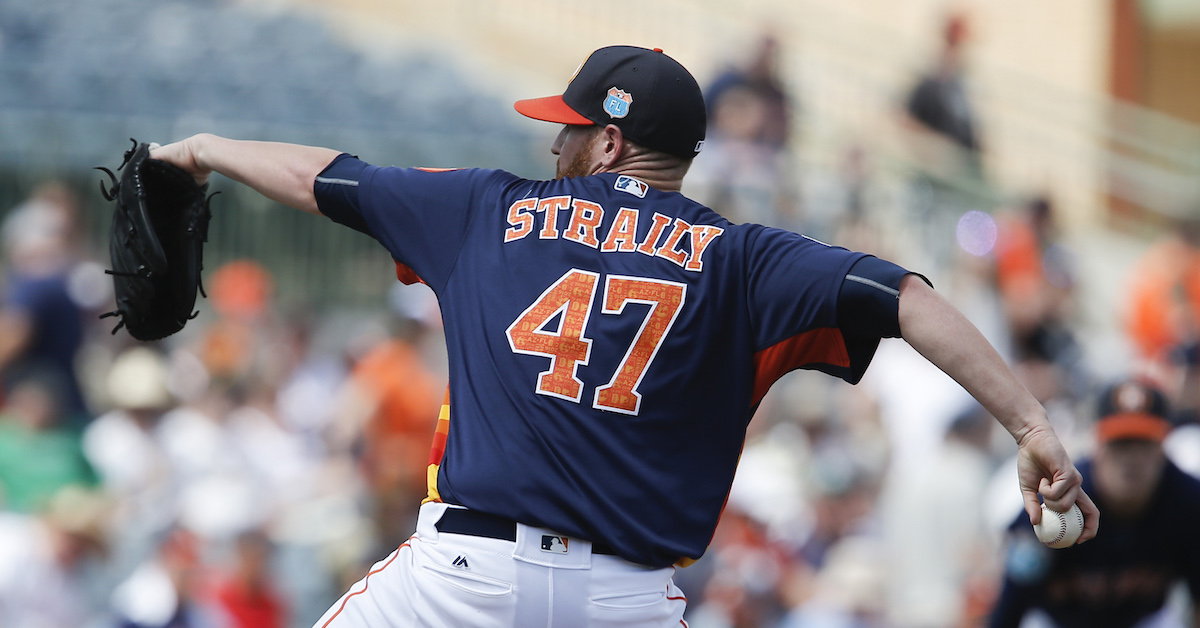Effectively Wild Episode 1808: The Multisport Player Draft

Ben Lindbergh and Meg Rowley follow up on or banter about minor league free agent draftee reportedly Matt Shoemaker departing for the NPB, raising kids to root for one franchise, precedents for out-of-nowhere sports video game cover models, players nominated by listeners for the nickname “Three-and-Two,” the possible effects of MLB suspending drug testing during the lockout, and Mike Trout’s endearing recent social media activity, then (39:00) draft the MLB players they would most want to see play specific other sports.
Audio intro: Devin Davis, “Transcendental Sports Anthem”
Audio outro: Mattiel, “Athlete”
Link to Shoemaker news
Link to 2022 MiLB FA draft
Link to MLB The Show cover models
Link to Hillis story
Link to Sogard contest story
Link to drug testing story
Link to steroid effects story
Link to Trout sandwich tweet
Link to Trout snow GIF
Link to Trout snow video
Link to Matt Lisle video
Link to Trout’s reply
Link to Trout’s follow-up tweet
Link to Trout’s dunk comment
Link to ESPN on baseball athletes
Link to Trout football story
Link to Jones on Trout
Link to Sam on Hamilton
Link to article on Metcalf sprint
Link to The Athletic on Stallings
Link to Jason Mackey on Stallings
Link to SIS story on Stallings
Link to story on gigantic goalies
Link to jai alai video
Link to World Chase Tag wiki
Link to World Chase Tag video
Link to Pokémon story
![]() iTunes Feed (Please rate and review us!)
iTunes Feed (Please rate and review us!)
![]() Sponsor Us on Patreon
Sponsor Us on Patreon
![]() Facebook Group
Facebook Group
![]() Effectively Wild Wiki
Effectively Wild Wiki
![]() Twitter Account
Twitter Account
![]() Get Our Merch!
Get Our Merch!
![]() Email Us: podcast@fangraphs.com
Email Us: podcast@fangraphs.com
Podcast (effectively-wild): Play in new window | Download
Subscribe: RSS




